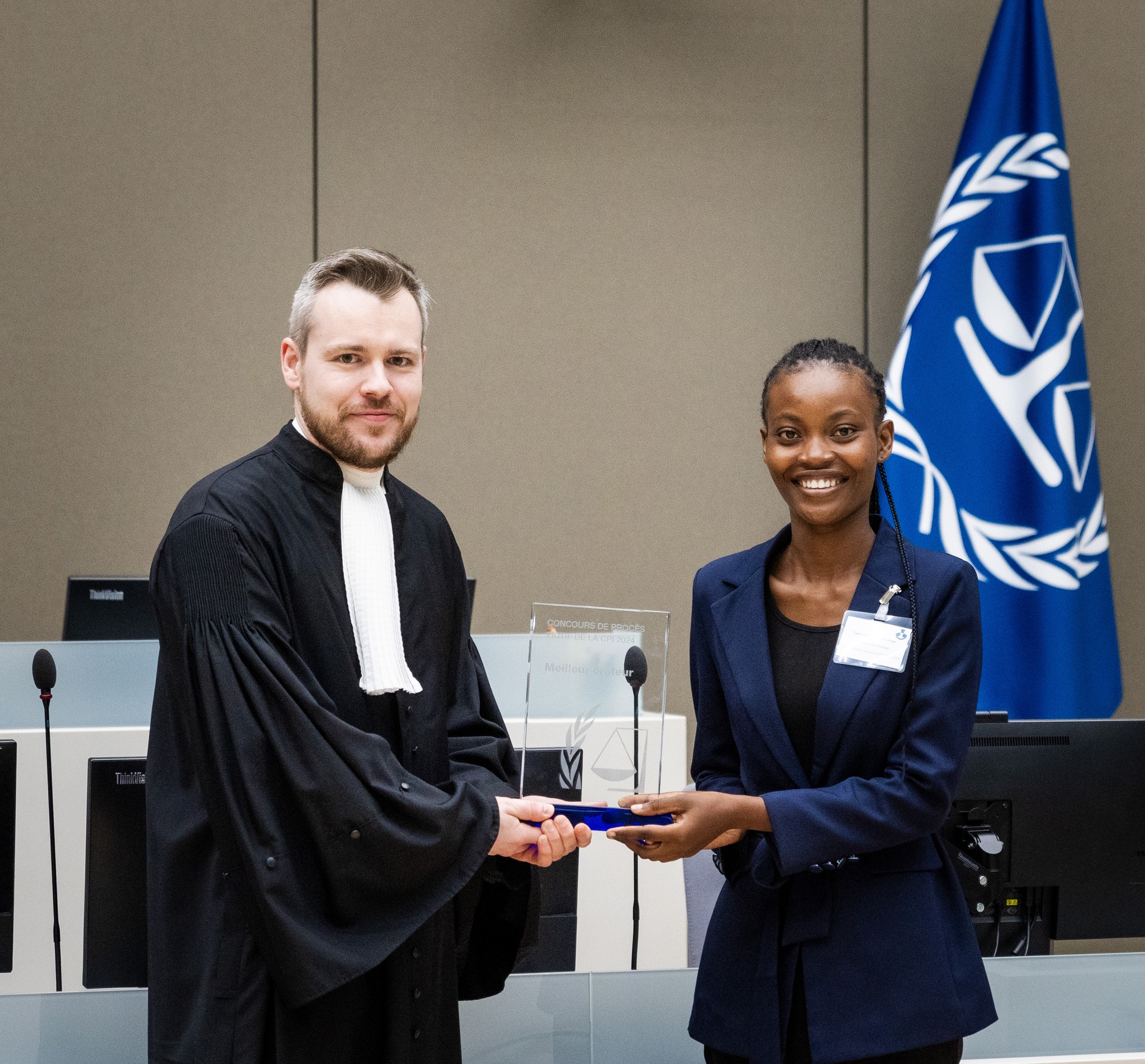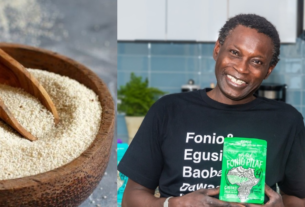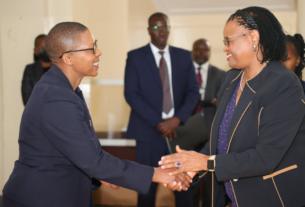The third edition of the French-language moot court competition was organized from May 21 to 24, 2024 by The Hague Academy of International Law, with the support of the French Embassy in the Netherlands. 42 universities from 17 countries took part in the competition, according to a press release from the International Criminal Court (ICC).
The University of Paris-Panthéon-Assas (France) won the final of the French version of the ICC Moot Court Competition, which took place on Friday May 24 in Courtroom I of the ICC in The Hague (Netherlands). Second place went to the University of Kinshasa (Unikin), Democratic Republic of Congo. The prize for “Best speaker” went to Déborah Sabanga from the University of Kinshasa.
The Unikin team comprised 4 students from the Faculty of Law: Maxime Kitengie, Déborah Sabanga, Schekinha Mujinga and Christopher Mpiana. They were accompanied by two instructors from Unikin’s Department of Public International Law and International Relations, Japhet Tekila and Bruno Kalala.
Unikin had qualified for the final by beating Paris Nanterre University in the hotly contested semi-final on Thursday May 23.
The jury for the final was made up of ICC Second Vice-President Judge Reine Alapini-Gansou, presiding judge; ICC Judge Luz del Carmen Ibáñez Carranza; and ICC jurist Léo Jolivet.
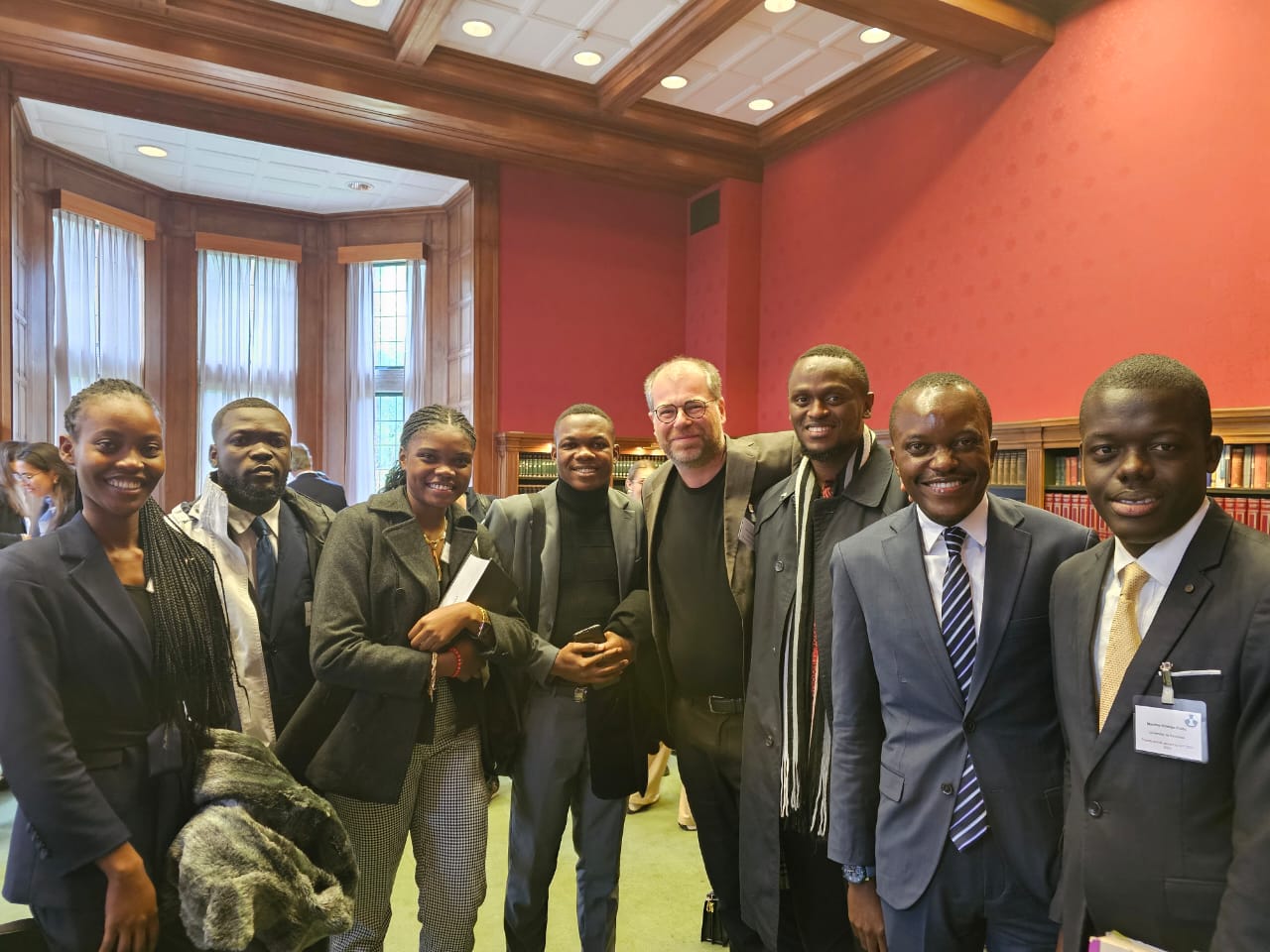
3 Congolese universities took part in the competition
The competition consists of three consecutive phases: a written phase; an oral phase, held in The Hague with oral hearings before the ICC, in which the ten best teams take part; and the final. The participants selected for the oral phase of this year’s competition were: Université Paris 1 Panthéon Sorbonne (France); Université de Kinshasa (DRC); Université Paris Nanterre (France); Université de Liège (Belgium); Paris II Panthéon Assas (France); Université Jean Moulin Lyon III (France); Université Libre des Pays des Grands Lacs (DRC); Aix-Marseille Université (France); Université Nazi Boni De Bobo Dioulasso (Burkina Faso); Université de Lubumbashi (DRC).
The teams, reports the ICC, competed in a fictitious case and presented their arguments in the roles of the legal representatives of the victims and the defense, which were broadcast live on the Court’s website and Facebook account.
As part of its academic program, the ICC supports the organization of moot court competitions in English, French, Chinese and Spanish, and plans to support the organization of an Arabic version in the future. These initiatives, explains the ICC, play a fundamental role in generating interest in the Court’s work in academic circles, and in increasing awareness of and respect for international criminal law.
According to The Hague Academy of International Law, the free competition is designed to stimulate the study of international criminal law, to contribute to the training of young jurists and to help strengthen skills and knowledge in international criminal law.
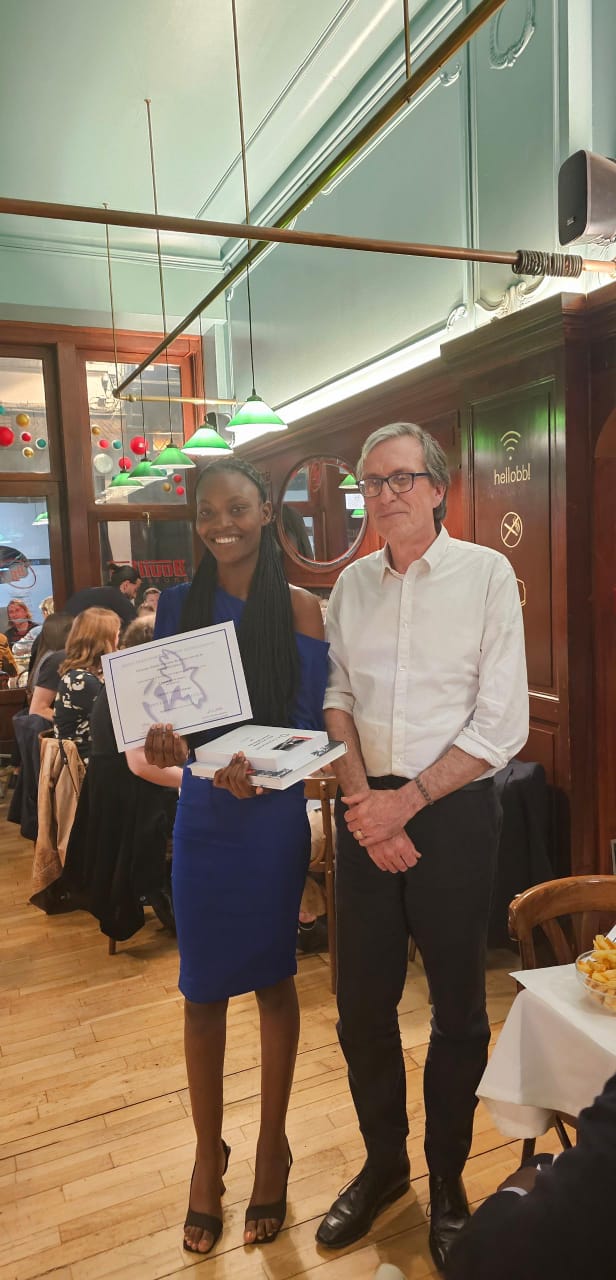
A sixth pleading prize already won in Belgium
Deborah Sabanga had already recently won the sixth pleading prize at the 40th edition of the Charles-Rousseau competition in international law, organized from May 6 to 11, 2024 at the Université Libre de Bruxelles, under the theme “Cour internationale de justice, activités armées en lien avec la déclaration d’indépendance de l’Estogne”. The Unikin team that took part in this competition was made up of the same students and instructors as for the ICC competition.
The Charles-Rousseau Competition is a French-language mock trial competition in international law, created in 1985 and open to academics from higher education establishments in all countries, with the aim of developing knowledge and mastery of public international law.
Every year, between 150 and 200 people from all over the world come together for the Concours orals: teams of students and their instructors, academics, professors and practitioners acting as jury members.
